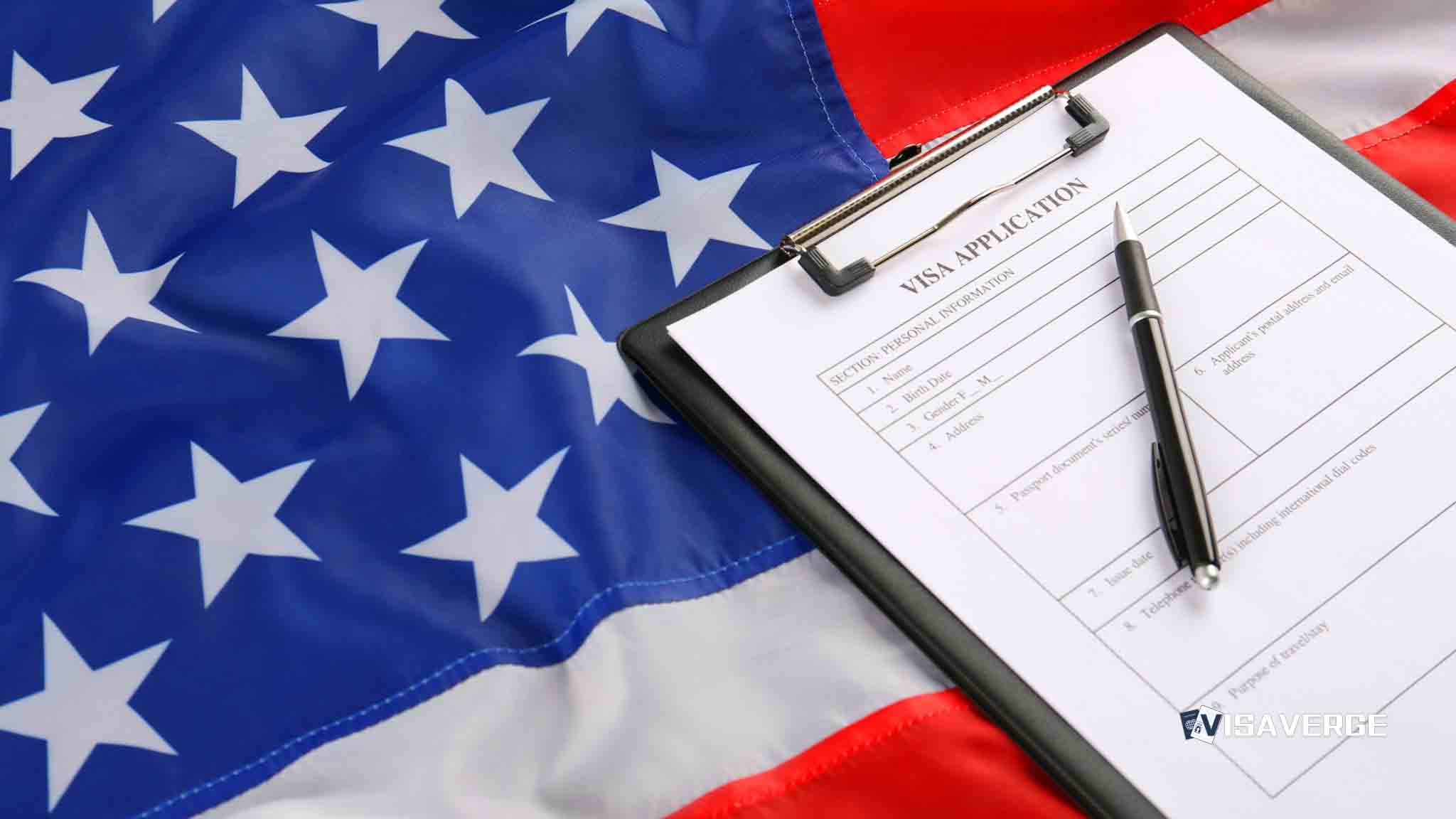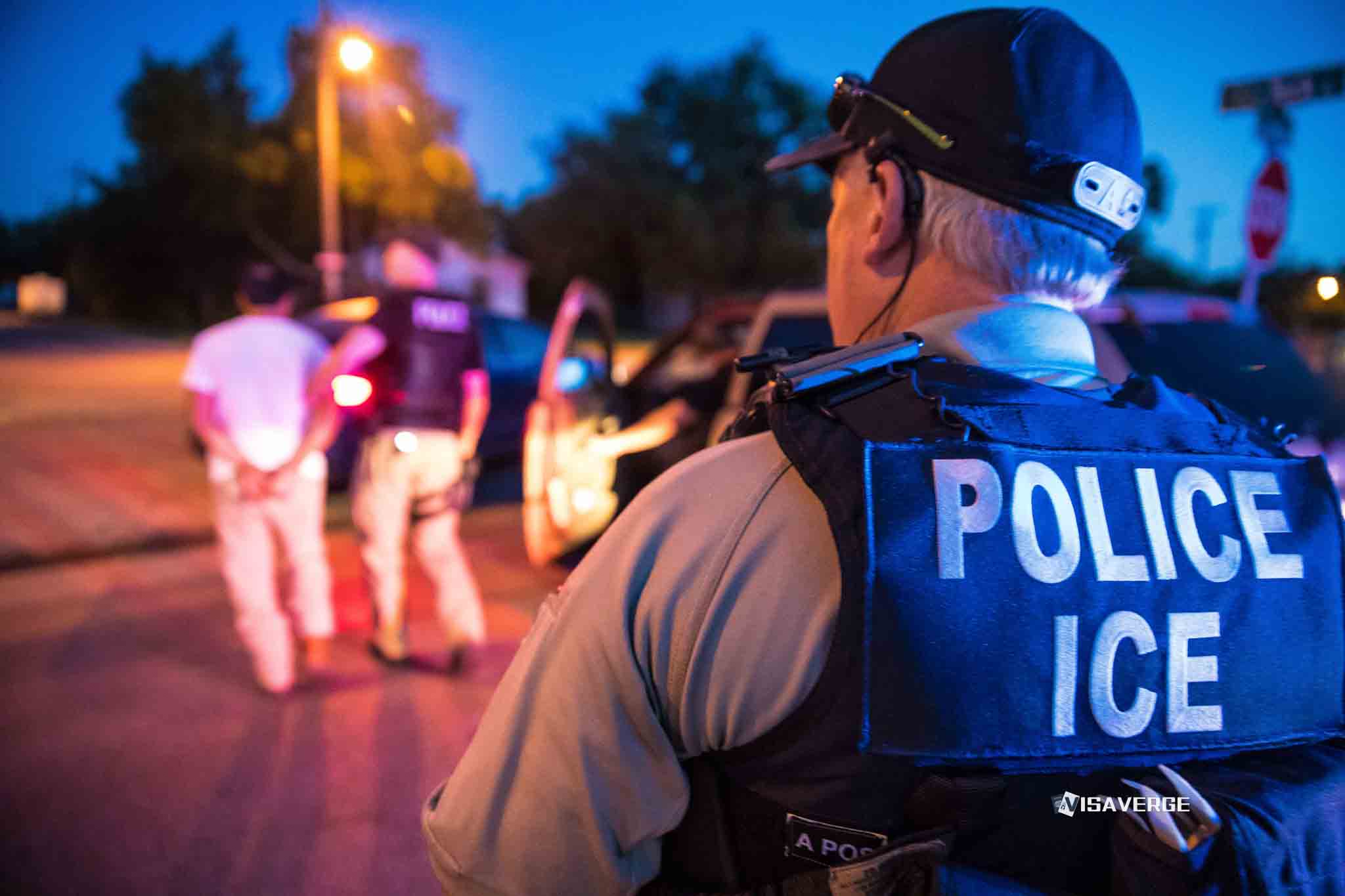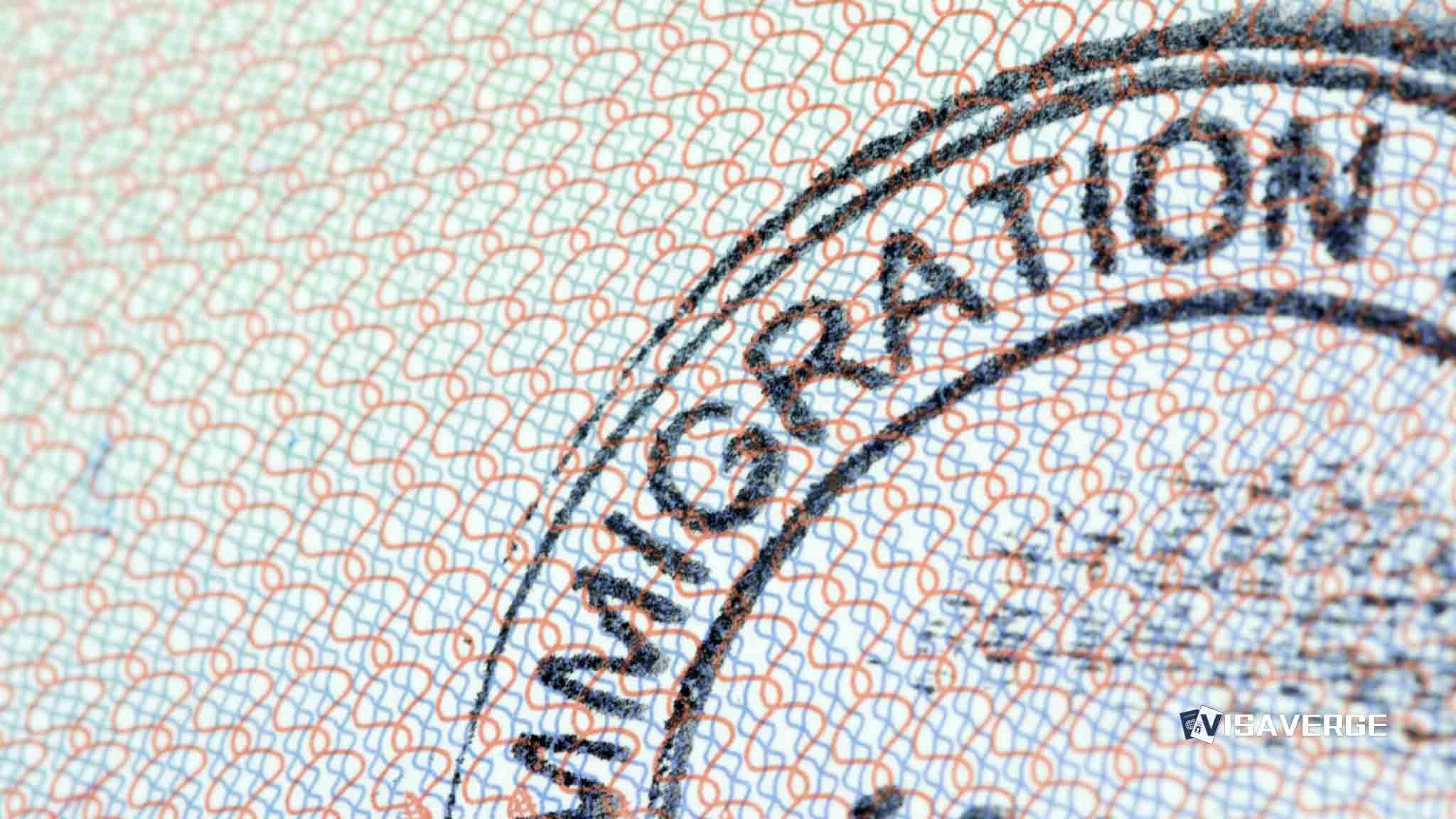(UNITED STATES) Travelers holding Advance Parole who are outside the country during a federal government shutdown can still ask to re-enter the United States, but admission is not guaranteed. The final decision rests with U.S. Customs and Border Protection (CBP). CBP officers at airports and land crossings retain full authority to allow or deny entry after inspection, even when a traveler presents a valid Advance Parole document.
Ports of entry remain open as essential operations, though lines can grow and processing can slow when staffing is tight or a shutdown lasts.

Current agency operations and practical risks
As of October 1, 2025, U.S. Citizenship and Immigration Services (USCIS) continues most work because it relies on fees rather than annual appropriations. Other agencies may pause some tasks, including certain Department of Labor programs. However, border operations and consular posts remain running, meaning flights and border crossings continue and CBP officers continue to inspect travelers.
The key risk for people with Advance Parole is not closure at the border; it is the increased time and scrutiny that can come with a shutdown. Remember: Advance Parole by itself does not guarantee entry.
According to analysis by VisaVerge.com, past shutdowns show a pattern: essential homeland security functions stay active, but backlogs can grow and interviews can stretch out. For Advance Parole holders, the most practical effects are generally:
- Longer waits
- More questions at secondary inspection
- Greater inconvenience for families, students changing status, and workers awaiting green cards
Plan for delays rather than outright closures.
Policy context during a shutdown
During a shutdown:
- USCIS keeps accepting and adjudicating most filings, including those related to Advance Parole.
- Travelers generally receive the physical Advance Parole document they already hold, and it remains valid for the dates shown.
- The Advance Parole document is typically issued after filing Form I-131, Application for Travel Document. If you need the form or instructions, follow official guidance: USCIS Form I-131, Application for Travel Document.
Still, travelers should remember the critical rule: CBP officers decide whether you may re-enter after inspection.
CBP’s legal authority to inspect, question, and decide entry applies at every port of entry. Officers consider past immigration history, possible status violations, and law enforcement flags. They can send you to secondary inspection for a closer review. That is normal and does not necessarily mean denial. However, during a shutdown, reduced staff can make secondary inspection take longer.
The Department of State keeps consular functions open as essential services, so airports and land crossings continue to operate worldwide. If a shutdown continues, pressure can rise at busy ports, producing:
- Crowded halls
- Slower baggage transfers
- Reduced flight connections
Plan for extra time, especially if onward travel is tight.
What travelers with Advance Parole should expect at entry
If you hold a valid Advance Parole document and return during a shutdown, you can still present yourself for inspection and request parole into the country. In practice the process is:
- Present your passport and the original Advance Parole document.
- CBP officers review your identity and immigration record.
- You may be sent to secondary inspection for further checks.
- After review, officers may grant parole, allow you to proceed, or refuse entry.
Important reminders:
- Advance Parole is permission to request entry. It is not an automatic pass. CBP officers have full discretion to allow or deny parole after inspection.
- Ports of entry remain open, but expect longer waits and more referrals to secondary inspection.
- Bring the original, unexpired Advance Parole document, your passport, and copies of any USCIS receipt notices that show your ongoing case (for example, a pending adjustment of status).
- Keep proof of your U.S. address, job, school, or family ties — while not always required, these can help demonstrate ongoing ties.
- If you have past immigration issues, consult a qualified attorney before travel. During a shutdown, a complex history can lead to extra questions.
Families with children, medical travelers, and people with tight work deadlines should plan extra buffer time. Even simple cases can take longer to clear. Officers may ask about the purpose of travel and your ongoing case in the United States. Answer plainly and show your documents: clear, calm answers help the process move.
Documents and evidence to carry
- Original, unexpired Advance Parole document (do not check this in baggage)
- Valid passport
- Copies of USCIS receipt notices
- Proof of employment (recent pay stubs), if applicable
- Proof of school enrollment (school letters), for students
- Evidence of family ties (marriage certificate, joint lease, etc.) for family-based applicants
Workers with pending employment-based green cards who used Advance Parole instead of maintaining nonimmigrant status should be ready to explain their current job and show recent pay stubs. Students returning on short trips while their adjustment case is pending should carry school letters and proof of enrollment. Marriage-based applicants should carry wedding certificates and proof of a shared home. These documents can be helpful when questions arise.
Airline and travel logistics
- Airlines may review travel documents at boarding gates. Gate agents sometimes ask for the Advance Parole document before allowing you to board.
- Keep your passport and the original Advance Parole document in carry-on or with you, not in checked baggage.
- Make digital copies as backups, but be prepared to show the original to CBP on arrival.
- If you have a connecting flight inside the U.S., book a longer layover to account for potential delays.
During a prolonged shutdown, some support functions such as verification requests and inter-agency checks can slow down. This does not close the door to those with Advance Parole, but it can add minutes or hours to processing.
Advocates emphasize the human side: a parent returning to care for a newborn, a worker returning to a vital job, or a student getting back to campus before exams. The law gives CBP officers discretion, and during a shutdown the system can feel slower.
Further effects on immigration timelines
While USCIS operations largely continue, delays can ripple across cases that rely on other agencies. For example, some Department of Labor functions may pause, which can stall steps in future filings. This does not change whether you may seek entry with Advance Parole, but it can affect long-term timelines for your immigration plan.
Key takeaways
- Advance Parole lets you ask to re-enter, not skip inspection.
- CBP officers decide at the port of entry after reviewing your case.
- Ports remain open, but processing may slow during a shutdown.
- Prepare for secondary inspection and bring strong, clear documents.
- Speak with counsel before travel if your history raises concerns.
In plain terms: you can travel and attempt to return with Advance Parole during a government shutdown. Most people with clean records and valid documents complete inspection and proceed, although waits may be longer. The main risk is added time and the potential that past issues could lead to denial. Careful planning — carrying the right papers, allowing extra time, and seeking legal advice when needed — will reduce stress and improve the chances of a smooth return.
Frequently Asked Questions
This Article in a Nutshell
If a federal government shutdown occurs, travelers holding valid Advance Parole may still attempt to re-enter the United States, but admission is determined by CBP officers at the port of entry and is not guaranteed. Ports remain open as essential operations, though staffing shortages can lead to longer waits, increased secondary inspections, and slower processing. USCIS generally continues fee-funded adjudications, so Advance Parole documents retain validity. Travelers should carry the original Advance Parole, passport, USCIS receipt notices, and evidence of U.S. ties; expect questions about immigration history. Those with complex records should consult an immigration attorney before travel. Plan for delays, book longer connections, and keep documentation organized to reduce complications.













